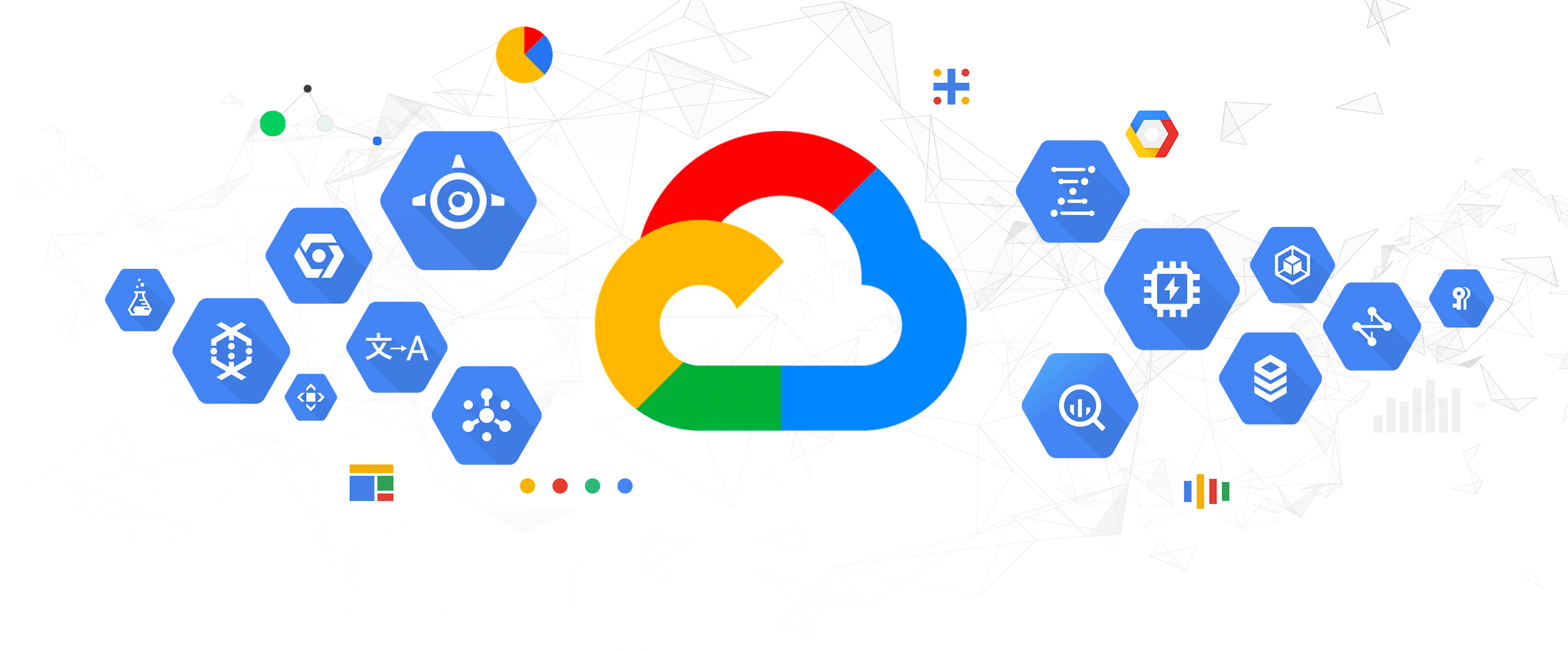In our customer-driven world, relationships are the beating heart of business longevity. Building and maintaining relationships with clients has become more important than ever.
Nurturing customer relationships to further your reach, drive revenue generation, and provide outstanding service requires more than industry knowledge and expertise – it requires the right set of tools at your side.
In South Africa, the competition is fierce between financial service providers. With ARPU and churn on every stakeholder’s mind, FSPs are in search of the most robust systems on the market.
At CloudSmiths, we partner at ground level with some of South Africa’s leading financial service providers who say the same thing:
It’s not just about having the best digital solution in place, it’s about getting it up and running before your competitor does, so you can claim the market.
When it comes to the Financial Industry, instant access to essential data and a panoramic view of clients’ goals, habits, and relationships are non-negotiables for day-to-day business transactions.
Salesforce’s Financial Services Cloud (FSC) provides financial institutions and advisors with the functions and capabilities to do just this by:
- Offering access to critical data in real-time
- Providing insight into customer needs and journeys, and
- Supplying tools for creating and tracking goals from inception to completion.
Salesforce’s Benefits for Financial Services
1. Household Data Model
FSC’s Household Data Model allows financial advisors to oversee their clients’ households, businesses, and external relationships with individuals in one place, preventing information silos from forming. Advisors administering these setups can either use the Person Account data model or Individual data model to establish and contextualise the Household-Individual relationships.
Advisors can use 3 different object relationships to view a client’s Household map:
- Account-Contact Relationships (ACR) – for building relationships between clients and their households, for example, building a relationship between a household and a member of the household.
- Account-Account Relationships (AAR) – for building relationships between households and businesses or organisations. This could include a relationship between a household and their trust.
- Contact-Contact Relationships (CCR) – for building relationships between members of a household and other contacts, such as the relationship between a member of the household and their tax practitioner.
2. Financial Accounts and Goals
Financial Services Cloud can support a variety of different financial accounts, including bank accounts, investment accounts, and insurance policies.
The Financial Account object has pre-defined record types for various accounts. It allows advisors to view Financial Account data for every member of the household and it also appears in the member’s household record.
Aside from data delineation of household members, FSC also provides tools for advisors to create and monitor their clients’ financial goals, and get in-depth information about the specific role each member in an account plays:
- Financial Goals enable advisors to track and monitor their clients’ investment goals and generate investment strategies to help them meet those targets.
- Financial Account Roles specify the role of each member in a financial account.
3. Tracking Leads and Referrals
Leads and referrals are an important part of the Financial Services Industry, and companies need to keep track of incoming and ongoing referrals. FSC provides referral components that allow businesses and individuals to stay on top of their referrals.
Within Financial Services Cloud, a referral follows a path that’s similar to an opportunity. It progresses through a series of stages, from creation to conversion.
FSC automatically creates an account and an Opportunity for the referral upon conversion. A referrer’s information can also be viewed on an Individual record to help companies identify their top referrers.
4. Action Plans
Action Plans help to ensure deadlines are met for predefined steps that make up an overarching goal or target. It does this by automating repetitive tasks and auto-assigning jobs to different team members, ensuring compliance is met at every step.
For instance, client onboarding can include several new steps like an initial meeting with the client, obtaining the clients’ records and details, signing contracts and paperwork, etc. Action Plans break this goal down into manageable steps with delegated team members assigned to them.
All steps can be created and adapted in an Action Plan template, which can then be used to track task progress according to deadlines.
5. Advisor Analytics
Access to detailed analytics enables financial institutions and advisors to make data-backed decisions more quickly and serve their clients more efficiently.
FSC comes with several pre-existing reports and dashboards that businesses can customise according to their needs. Companies in search of more advanced analytics and predictive alerts can opt for Einstein Analytics for FSC as an external add-on feature.
It’s clear to see that Financial Services Cloud is a powerful system that can help financial institutions across the board provide smarter, more efficient service without needing to spend unnecessary time and money customising Salesforce’s Sales Cloud.
Due to its complexity, it’s always recommended to work with a Salesforce consulting partner, such as CloudSmiths. With extensive industry knowledge and experience managing the Salesforce platforms of two of South Africa’s largest banking institutions, CloudSmiths has the capability and prowess to seamlessly integrate Salesforce into the environment of any enterprise.









